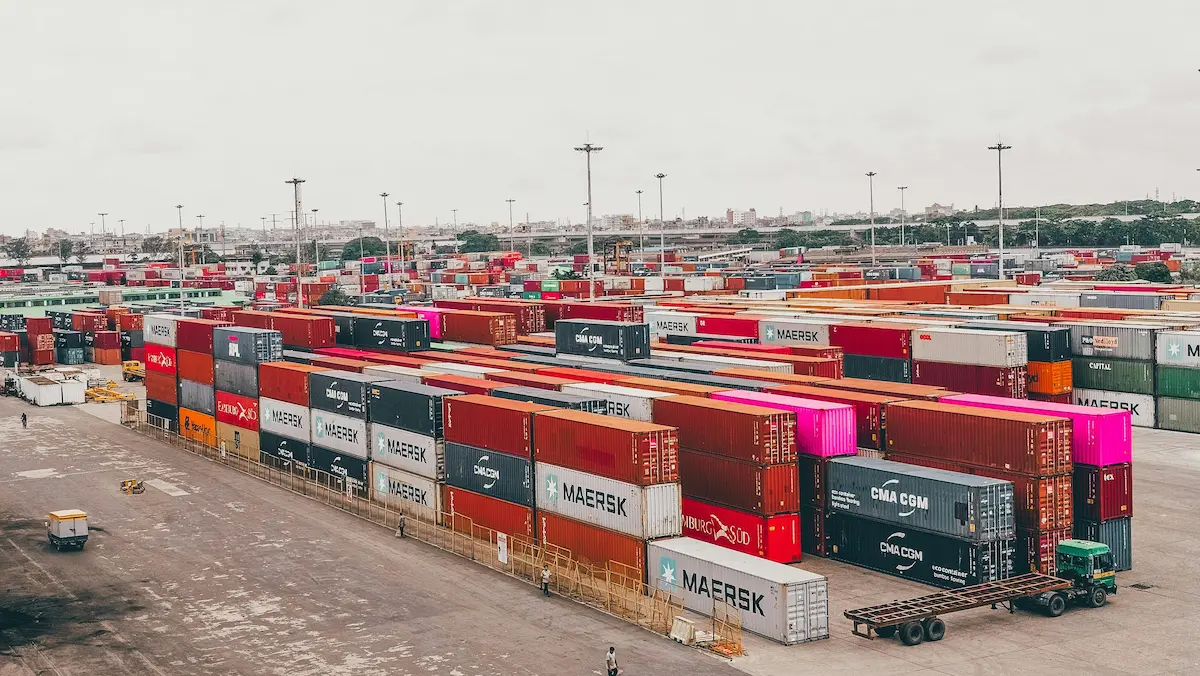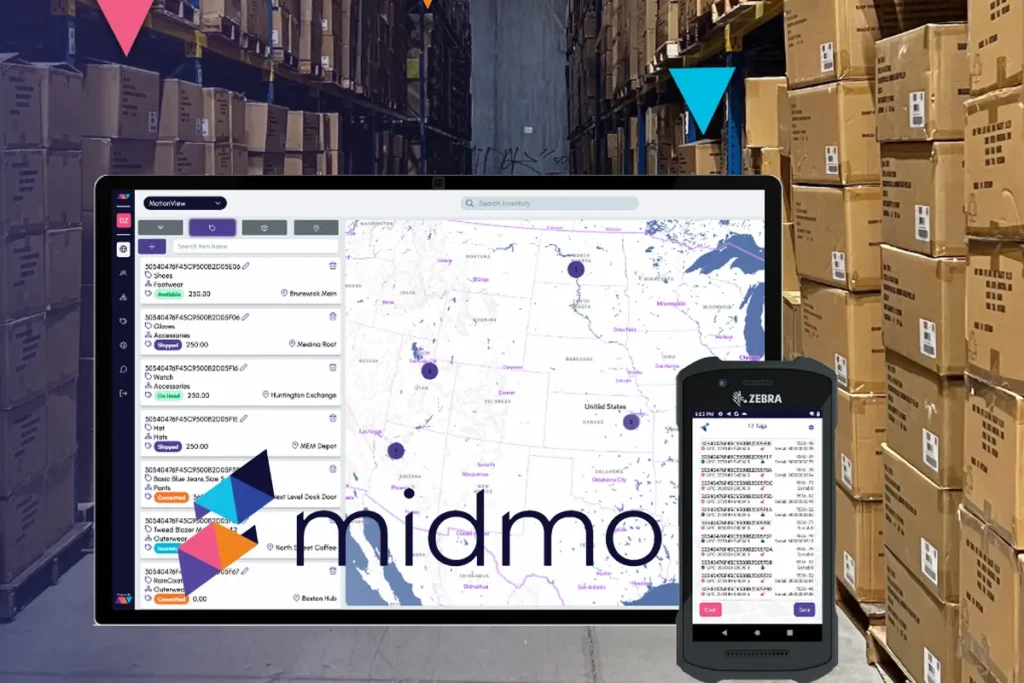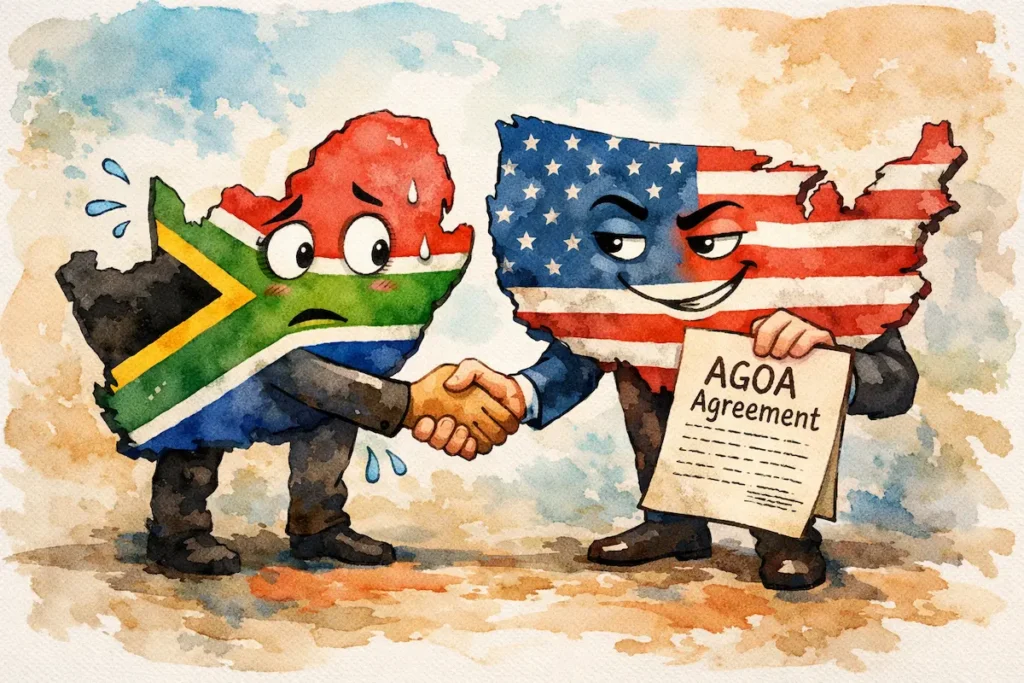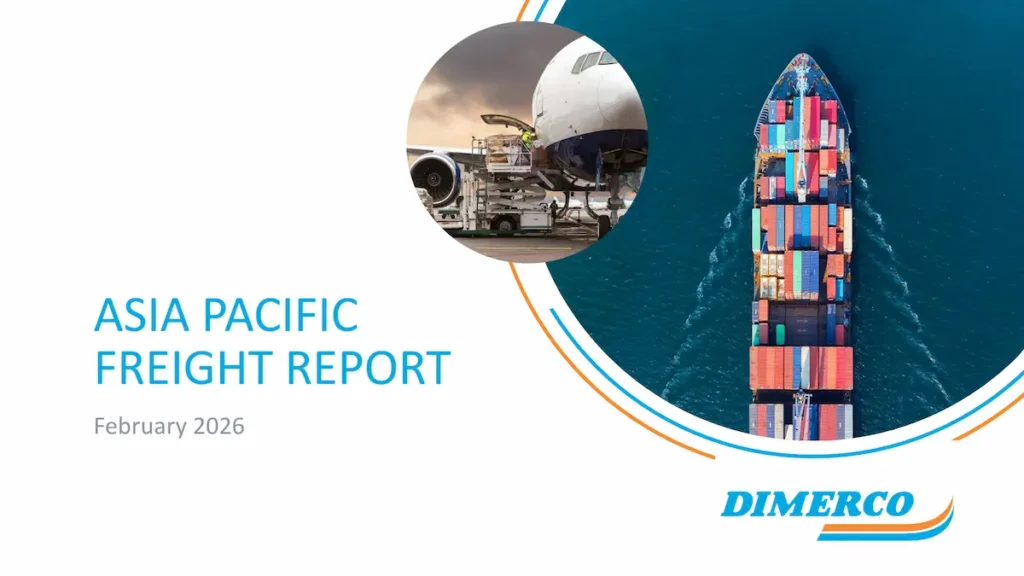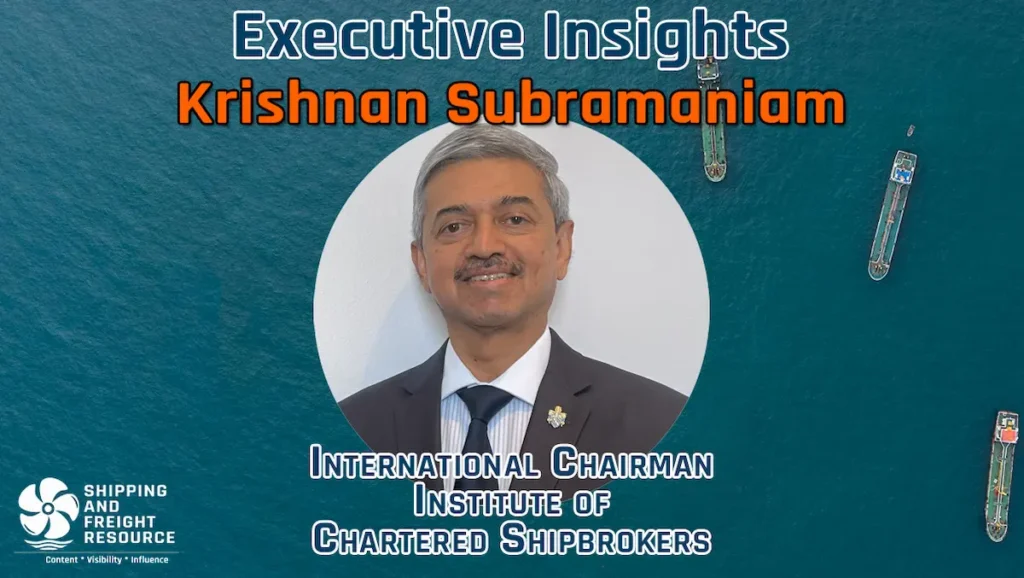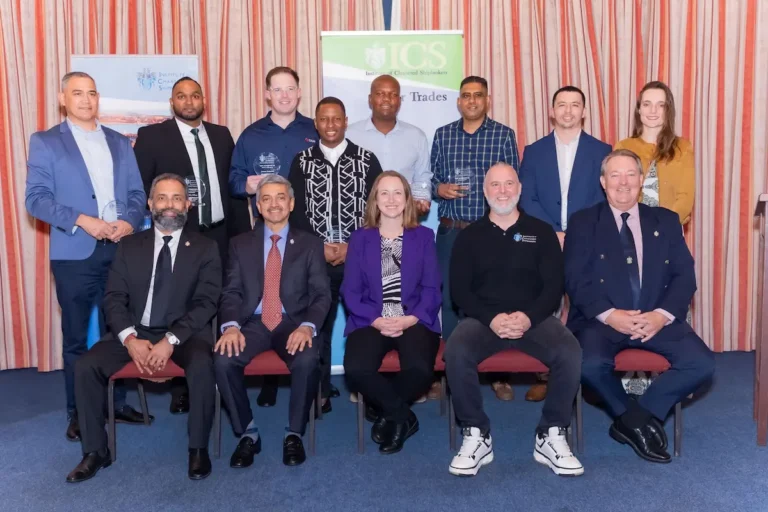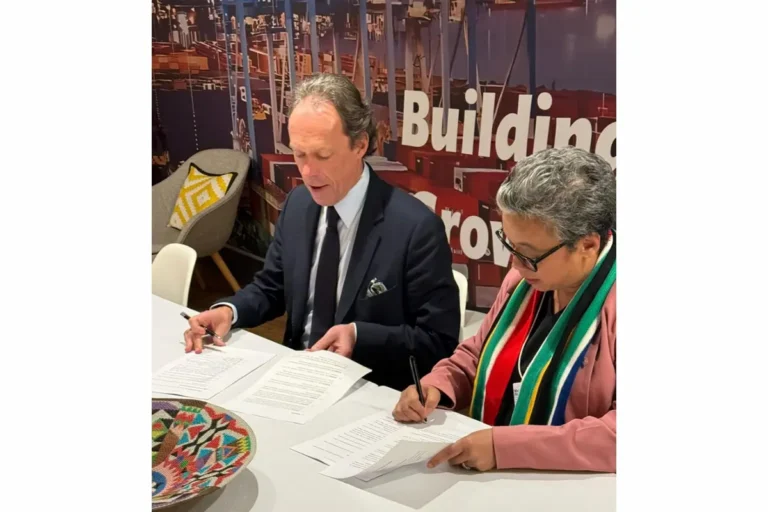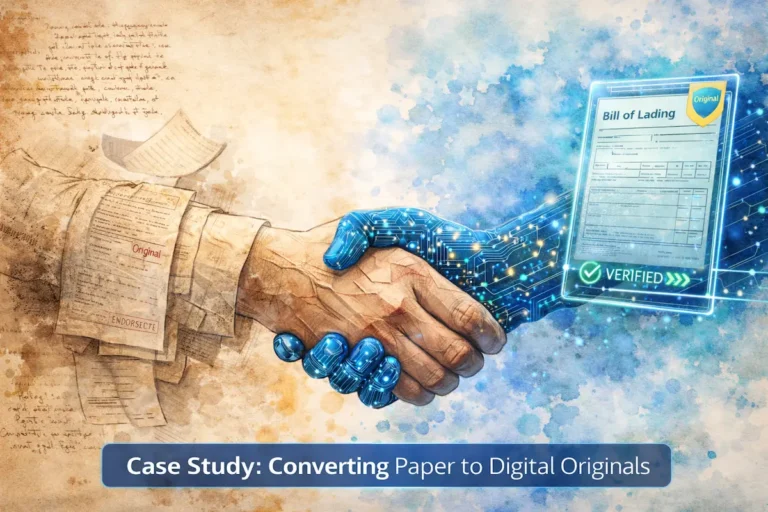In a move set to reshape the landscape of international trade and transport, the United Nations Commission on International Trade Law (UNCITRAL) has approved a historic draft Convention on Negotiable Cargo Documents (NCD), with a recommendation for formal adoption by the United Nations General Assembly later this year during its 80th session..
This long-awaited breakthrough closes a major legal gap in global trade, one that has quietly hindered seamless, multimodal cargo movement for decades..
Until now, only goods transported by sea have benefited from widely recognised legal instruments such as the bill of lading, a document that not only functions as a receipt and evidence of contract, but also as a negotiable document of title, allowing the transfer of ownership while cargo is still in transit..
By contrast, the documents used in road, rail, and air transport are typically non-negotiable, offering no such flexibility or financial utility.. The result..??
Inefficient multimodal journeys, locked-up working capital, and limited trade finance opportunities, especially for MSMEs and landlocked nations..
One Convention, all modes
The newly endorsed draft Convention aims to change that.. It introduces a harmonised legal framework that applies to negotiable documents of title across all modes of transport, air, rail, road, and sea, whether these documents are issued in paper or electronic form..
And critically, it does so without disturbing the underlying liability regimes of existing transport conventions..
This opt-in Convention has been three years in the making, shaped by collaborative input from legal experts, diplomats, and industry professionals, including key stakeholders such as FIATA (International Federation of Freight Forwarders Associations), which has long championed the role of freight forwarders in issuing contractual transport documents such as the FIATA Multimodal Transport Bill of Lading (FBL/eFBL)..
By integrating provisions inspired by the UNCITRAL Model Law on Electronic Transferable Records (MLETR), the Convention also marks a decisive step toward enabling secure, cross-border electronic trade, an ambition long voiced by trade digitalisation advocates, but until now, held back by fragmented legal frameworks..
Why this matters for the industry
Let us pause here and reflect.. What does this really mean for those on the ground—shippers, forwarders, transport operators, financiers, and yes, even consumers waiting for their parcel to cross borders..??
- Level playing field for all transport modes: The Convention brings long-overdue legal certainty to multimodal transport by recognising the negotiability of documents beyond maritime shipping.. Freight forwarders, particularly those issuing the FIATA FBL/eFBL, can now do so with confidence that the legal status of their documents is harmonised across jurisdictions..
- MSME empowerment and inclusion: For micro, small, and medium-sized enterprises that often rely on road or rail for their first and last mile movements, access to trade finance has been a challenge due to the non-negotiability of transport documents.. This Convention unlocks liquidity by enabling these documents to be transferred or pledged while cargo is still moving..
- Boost for landlocked and emerging economies: Countries without direct access to maritime ports—many of which are in Africa, Central Asia, and parts of Latin America—stand to benefit enormously.. By legitimising negotiability for inland and multimodal shipments, the Convention enhances participation in global supply chains and supports inclusive trade growth..
- Digital trade enablement: As the industry races toward digitalisation, this Convention comes at the right time.. By acknowledging electronic negotiable documents, it provides the legal backbone needed for platforms and supply chain actors to go fully digital, improving security, speed, and visibility in trade transactions..
- Market responsive design: Rather than mandating blanket application, the Convention is opt-in.. This gives trading parties the flexibility to decide whether or not to use its provisions, preserving commercial freedom while promoting harmonised practices..
FIATA has committed to providing resources and guidance to help its members adapt to and apply the Convention, including both operational and legal best practices for issuing and handling negotiable cargo documents in electronic or paper form.. The FIATA FBL, the world’s only standardised multimodal transport document, has been a test case of sorts in this journey..
What happens next..??
The draft Convention now heads to the United Nations General Assembly for adoption during its 80th session in late 2025 with strong backing from UNCITRAL and global stakeholders..
If adopted, as widely expected, it could become one of the most significant legal instruments for trade facilitation in recent decades..
Beate Czerwenka, Chair of UNCITRAL’s Working Group VI, summed it up perfectly: “This will empower small businesses to access finance, landlocked nations to participate more fully in global trade, and us all to build a more efficient, resilient, and digitalised trade ecosystem.”
In a world increasingly shaped by just-in-time expectations, cross-border disruptions, and mounting pressure for digitisation, the NCD Convention is more than just a legal tool..
It is a trade enabler, a development catalyst, and a signal that the global rules of commerce are finally catching up with modern supply chains..
As the final vote approaches later this year, stakeholders across the shipping, freight, and logistics ecosystem would do well to familiarise themselves with the Convention’s implications, and begin preparing to embrace a future where multimodal trade flows not only seamlessly, but securely and smartly too..
Shipping and Freight Resource will continue tracking this development and provide further insights post-adoption.. For a quick explainer video on negotiable cargo documents, check out the UN Web TV channel or their YouTube channel..

